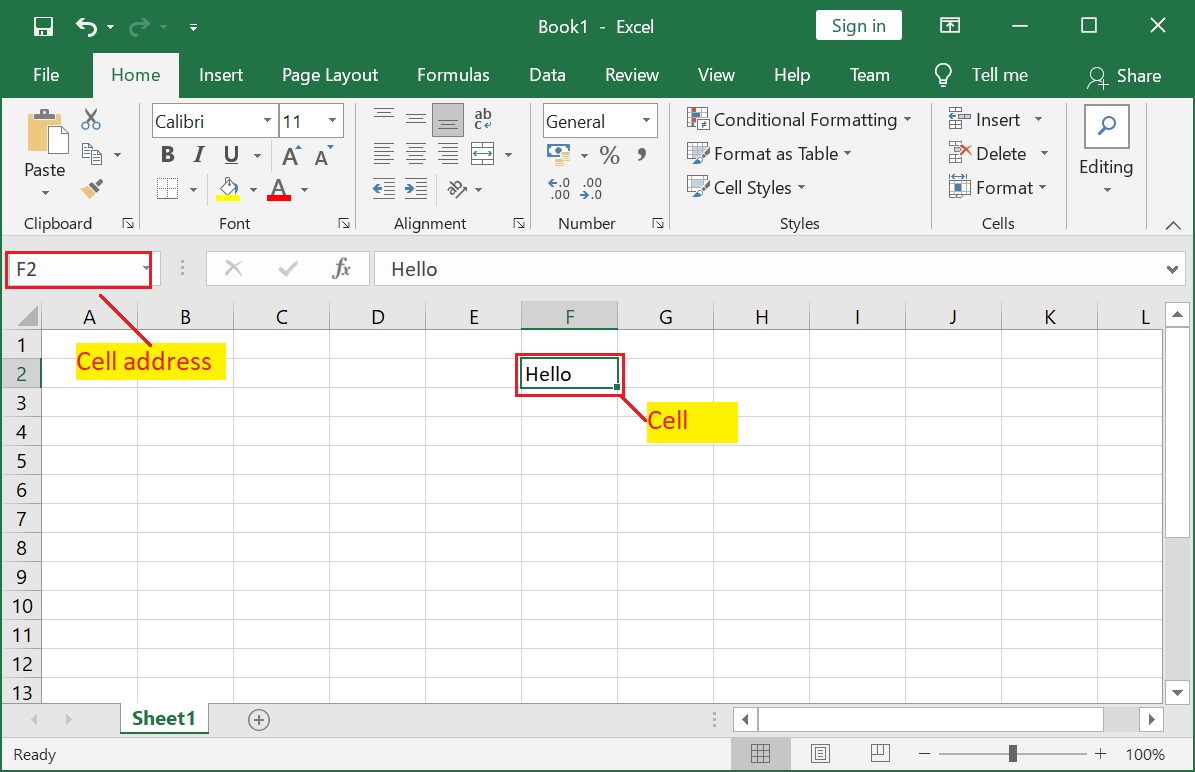Essential Paperwork Every Doctor Must Handle Daily

Doctors, like many other professionals, have a myriad of responsibilities beyond their primary function of providing medical care. One critical aspect of a doctor's daily life involves handling a variety of essential paperwork. This documentation is not only crucial for compliance with healthcare laws but also for ensuring seamless patient care. In this detailed exploration, we'll uncover the essential paperwork that every doctor must handle on a daily basis, its importance, and some tips on managing it effectively.
Why Documentation is Important in Medicine

Before diving into the specifics, it's imperative to understand why documentation holds such significance in the medical field. Here's why:
- Legal Requirement: Medical documentation serves as a legal record of the care provided, protecting both the patient and the healthcare provider in case of disputes or lawsuits.
- Quality of Care: Proper documentation ensures continuity of care, allowing healthcare professionals to have a clear understanding of a patient's medical history, ongoing treatments, and previous interventions.
- Communication: It facilitates effective communication among different healthcare providers, reducing the chance of errors and enhancing patient safety.
- Billing and Reimbursement: Documentation is necessary for billing purposes, ensuring that doctors and healthcare facilities are adequately compensated for their services.
Key Documents Doctors Handle Daily

Patient Medical Records

Patient medical records are perhaps the most critical documents doctors handle daily. They include:
- Medical History: A comprehensive review of the patient’s past and present medical conditions, family history, social history, and any previous surgeries or treatments.
- Progress Notes: Daily or periodic updates on a patient's condition, treatment plan adjustments, and observations made by the doctor.
- Prescriptions: Records of medications prescribed, their dosage, frequency, and duration.
- Lab and Test Results: Documentation of diagnostic tests, their results, and any necessary follow-ups or further testing.
Consent Forms

These are crucial before performing any invasive procedure or starting a new treatment plan:
- Treatment Consent: Patients must consent to treatments, especially those involving significant risks.
- Surgery Consent: Specific forms detailing the nature of the surgery, risks involved, and consent.
- Participation in Research or Clinical Trials: If applicable, consent must be obtained for participation in any medical study.
Prescription Forms

Although much of this is transitioning to electronic systems, prescription writing remains an essential part of a doctor's day:
- Handwritten Prescriptions: When electronic prescribing is not feasible.
- Electronic Prescriptions: Streamlined through EHR (Electronic Health Record) systems for accuracy and speed.
Billing and Insurance Documentation

Proper documentation here ensures that doctors and their facilities receive appropriate payment:
- Encounter Forms: Logging patient visits, treatments, and diagnoses for billing purposes.
- Insurance Verification: Checking patient coverage before treatments to avoid disputes later.
- Referral Forms: Necessary when sending patients to specialists or other facilities.
Legal and Administrative Documents

These include but are not limited to:
- Advance Directives: Patient wishes regarding end-of-life care.
- Do Not Resuscitate (DNR) Orders: Explicit instructions regarding life-saving measures.
- Release of Information Forms: When patients or other entities request access to medical records.
Managing Paperwork Efficiently

Here are some strategies for managing the overwhelming amount of paperwork doctors face daily:
Utilize Technology

- Electronic Health Records (EHR): Adopting EHR systems can streamline documentation, reduce errors, and improve workflow.
- Speech Recognition Software: Can help in dictating notes or entire records, reducing manual typing time.
💡 Note: While technology is a great aid, it's also worth ensuring data security and privacy when using digital solutions.
Prioritize

- Urgency: Handle time-sensitive documents first (like consents for emergency procedures).
- Importance: Ensure that critical patient care documents are dealt with before administrative tasks.
Delegate

When possible, assign administrative and less critical documentation tasks to administrative staff or assistants.
Train for Compliance

Keep staff trained on the latest regulations to ensure all paperwork adheres to legal and ethical standards.
Review and Audit

Regular audits of documentation practices help maintain high standards and catch any errors or omissions early.
Handling essential paperwork is a fundamental part of a doctor's daily routine, not only for compliance but also for ensuring continuity of care, accurate billing, and patient safety. The transition towards digital health records is a step towards efficiency, but traditional methods still have their place, especially in urgent or specific situations. By understanding the importance of each type of document and employing effective management strategies, doctors can streamline their administrative tasks, allowing more time to focus on what truly matters: patient care.
What are the benefits of using EHR systems for doctors?
+EHR systems offer numerous benefits, including reduced paperwork, instant access to patient data, improved patient care coordination, and efficient billing. They also help in minimizing errors, improving patient safety, and enhancing communication among healthcare providers.
How should a doctor handle urgent documentation during an emergency?
+In emergencies, doctors should prioritize urgent consents and necessary treatments. EHR systems can expedite documentation, but in the absence of technology, handwritten consents or quick voice recordings can be used, followed by proper documentation once the situation stabilizes.
Is it necessary for doctors to manually review each patient’s medical history?
+Yes, it is crucial for doctors to review patient histories to make informed decisions about current and future care. Although EHR systems can highlight key points, a thorough manual review ensures a complete understanding of the patient’s health background.



